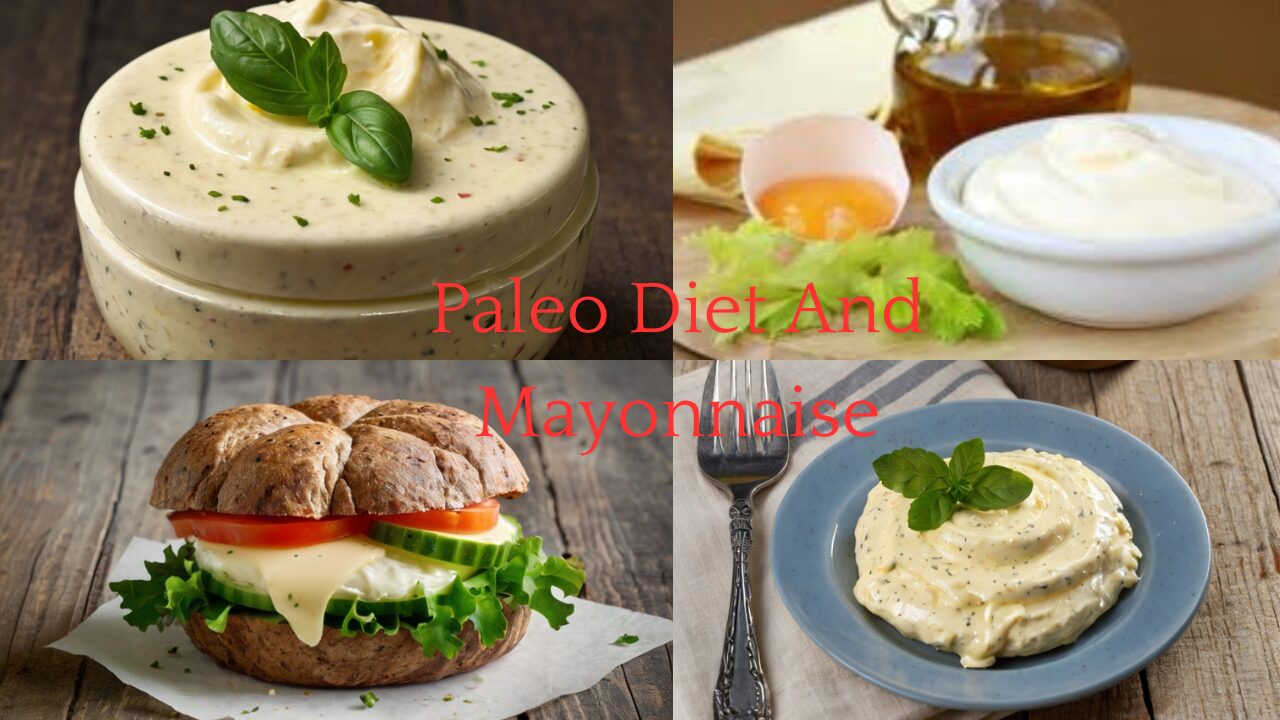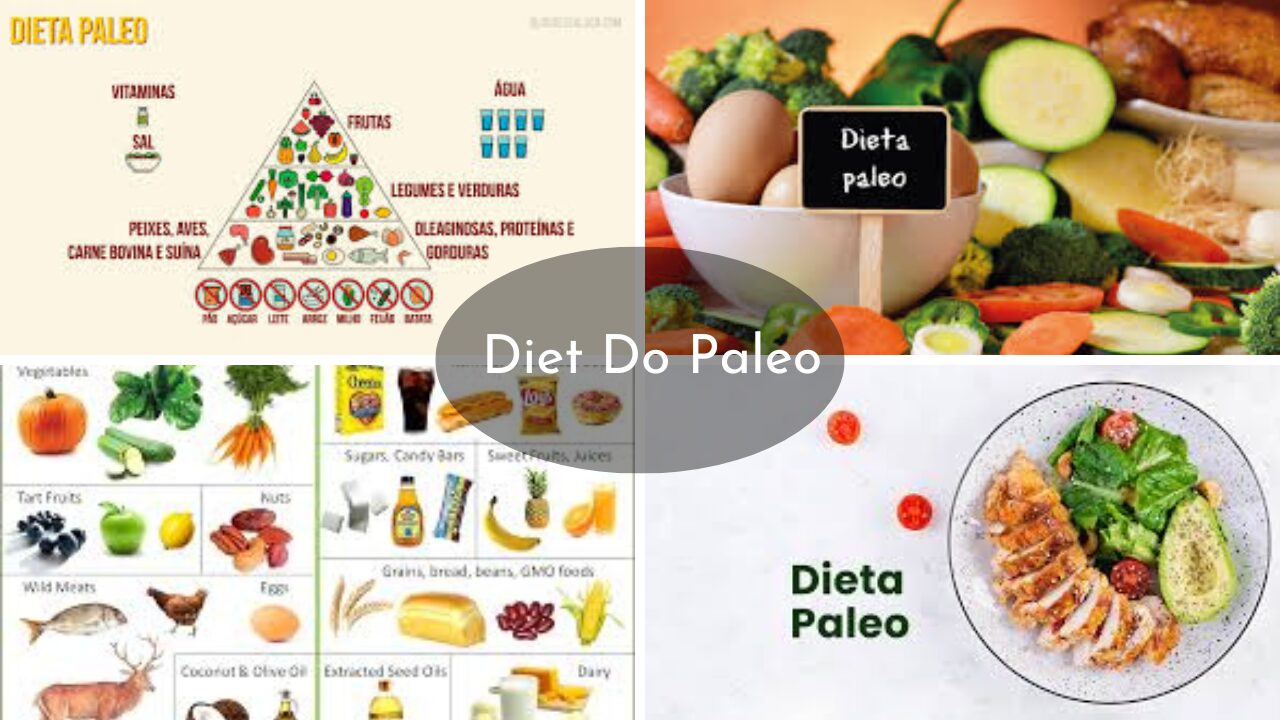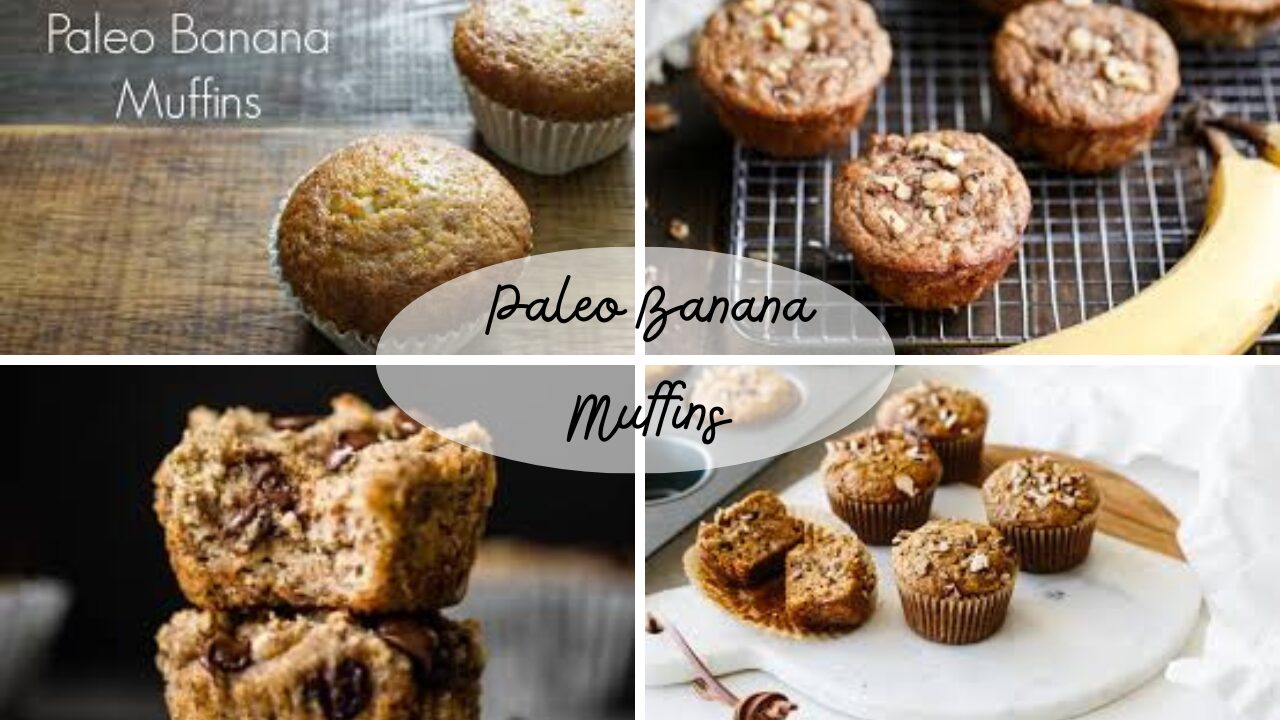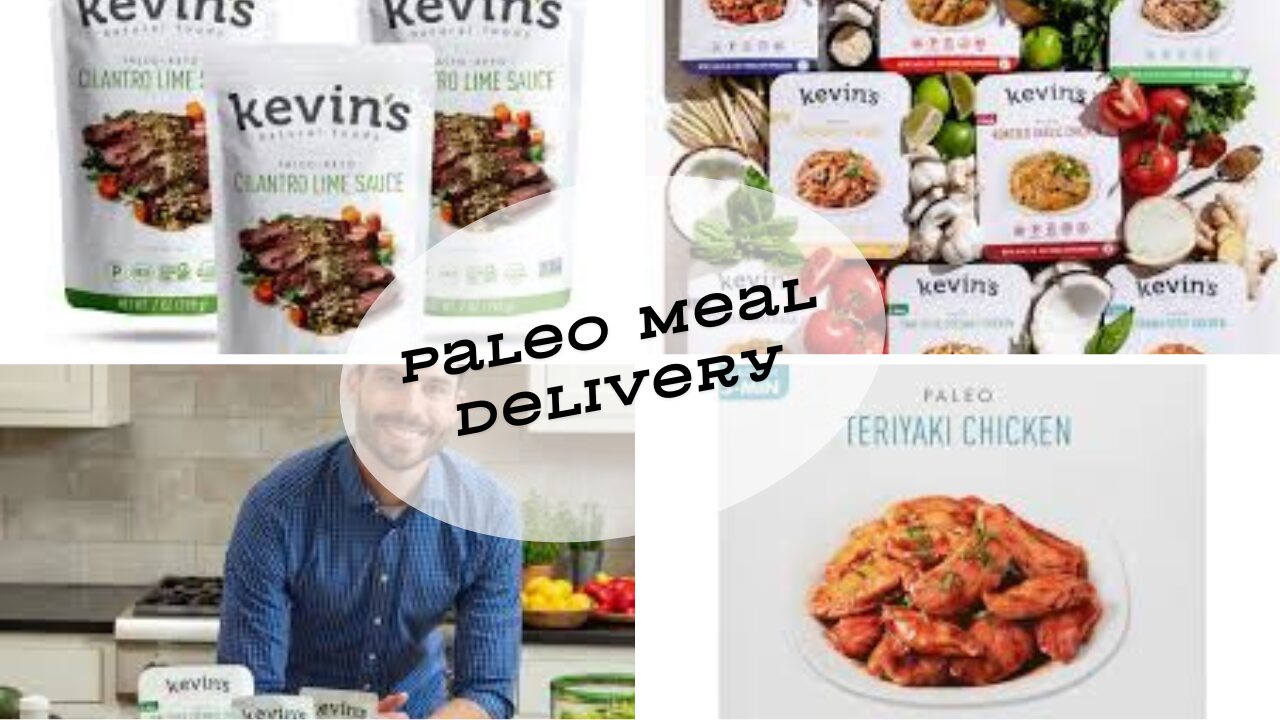The Ultimate Guide to the Autoimmune Paleo Diet
Introduction
Are you struggling with autoimmune issues and looking for a natural way to manage them? The Autoimmune Paleo (AIP) Diet might be the solution you’ve been searching for. In this comprehensive guide, we’ll delve deep into what the autoimmune paleo diet is, how it works, its benefits, foods to eat, foods to avoid, meal planning tips, and much more.
What is the Autoimmune Paleo Diet?
The Autoimmune Paleo Diet, commonly referred to as AIP, is a dietary approach designed to help manage autoimmune conditions by reducing inflammation and supporting overall health. This diet focuses on eliminating foods that may trigger an immune response, such as grains, legumes, dairy, processed foods, and certain vegetables like nightshades. Instead, it emphasizes nutrient-dense foods that promote healing and gut health.
Why Choose the Autoimmune Paleo Diet?
- Reduction of Inflammation: The AIP diet seeks to lower bodily inflammation, a prevalent component in autoimmune illnesses, by eliminating possible causes.
- Scientific studies have shown a correlation between dietary changes and reduced inflammation markers in autoimmune patients.
- Support for Gut Health: The AIP diet promotes eating foods high in probiotics, fermented vegetables, and bone broth to help maintain a healthy gut flora.
- A healthy gut is essential for general immune system function and may be very helpful in controlling autoimmune diseases.
The Autoimmune Paleo Diet: Foods to Eat
- Quality Proteins: Grass-fed meats, wild-caught fish, and pastured poultry are rich in essential nutrients and free from additives that may exacerbate autoimmune symptoms.
- Repairing tissues and maintaining immunity depend on proteins.
- Alright Fats: Healthy lipids found in avocado, coconut oil, olive oil, and fatty fish help to maintain brain function and lower inflammation.
- Omega-3 fatty acids, found in fatty fish, have anti-inflammatory properties.
- Non-Starchy Vegetables: Leafy greens, broccoli, cauliflower, and squash are nutrient-dense and less likely to trigger inflammation compared to nightshades.
- These vegetables provide essential vitamins, minerals, and antioxidants.
Foods Not to Eat on the Paleo Autoimmune Diet

- Grains and Pseudo-Grains: Wheat, oats, rice, quinoa, and other grains contain compounds that may contribute to gut irritation and inflammation.
- Legumes: Beans, lentils, and peanuts contain lectins and phytates that can be problematic for some individuals with autoimmune conditions.
- Dairy: Milk, cheese, and yogurt can be inflammatory for those sensitive to dairy proteins like casein and lactose.
- Nightshade Vegetables: Tomatoes, peppers, eggplants, and potatoes contain alkaloids that may exacerbate inflammation in some autoimmune patients.
Tips for Success on the Autoimmune Paleo Diet
- Plan Ahead: To guarantee you have AIP-friendly foods accessible, prepare and schedule your meals.
- Batch cooking can save time and make sticking to the diet easier.
- Focus on Whole Foods: Choose whole, unprocessed foods to maximize nutrient intake and minimize potential triggers.
- The secret is to stay away from preservative- and additive-filled processed foods.
- Listen to Your Body: Pay attention to how your body responds to different foods and adjust your diet accordingly.
- To monitor symptoms and find possible causes, maintain a food journal.
FAQs about the Autoimmune Paleo Diet
Q: Is the Autoimmune Paleo Diet suitable for everyone with an autoimmune condition?
A: While many individuals with autoimmune diseases find relief with it, before making any dietary changes, it is important to speak with a healthcare provider.
Q: Can I reintroduce eliminated foods on the AIP diet?
A: The AIP diet usually starts with an elimination phase and ends with a reintroduction phase to find trigger foods. Individual reactions, nevertheless, differ, so proceed carefully and keep an eye on symptoms.
Q: Are there any supplements recommended on the Autoimmune Paleo Diet?
A: Supplements include probiotics, omega-3 fatty acids, and vitamin D may help some people maintain gut health and lower inflammation. Get individualized advice by speaking with a healthcare professional.
Q: How long should I follow the Autoimmune Paleo Diet?
A: The duration of the AIP diet varies depending on individual health goals and responses. Some people may follow it for a few months during an elimination phase, while others may adopt it as a long-term lifestyle change.
By following the guidelines of the Autoimmune Paleo Diet and making informed dietary choices, individuals can take proactive steps towards managing their autoimmune conditions and improving their overall well-being.






